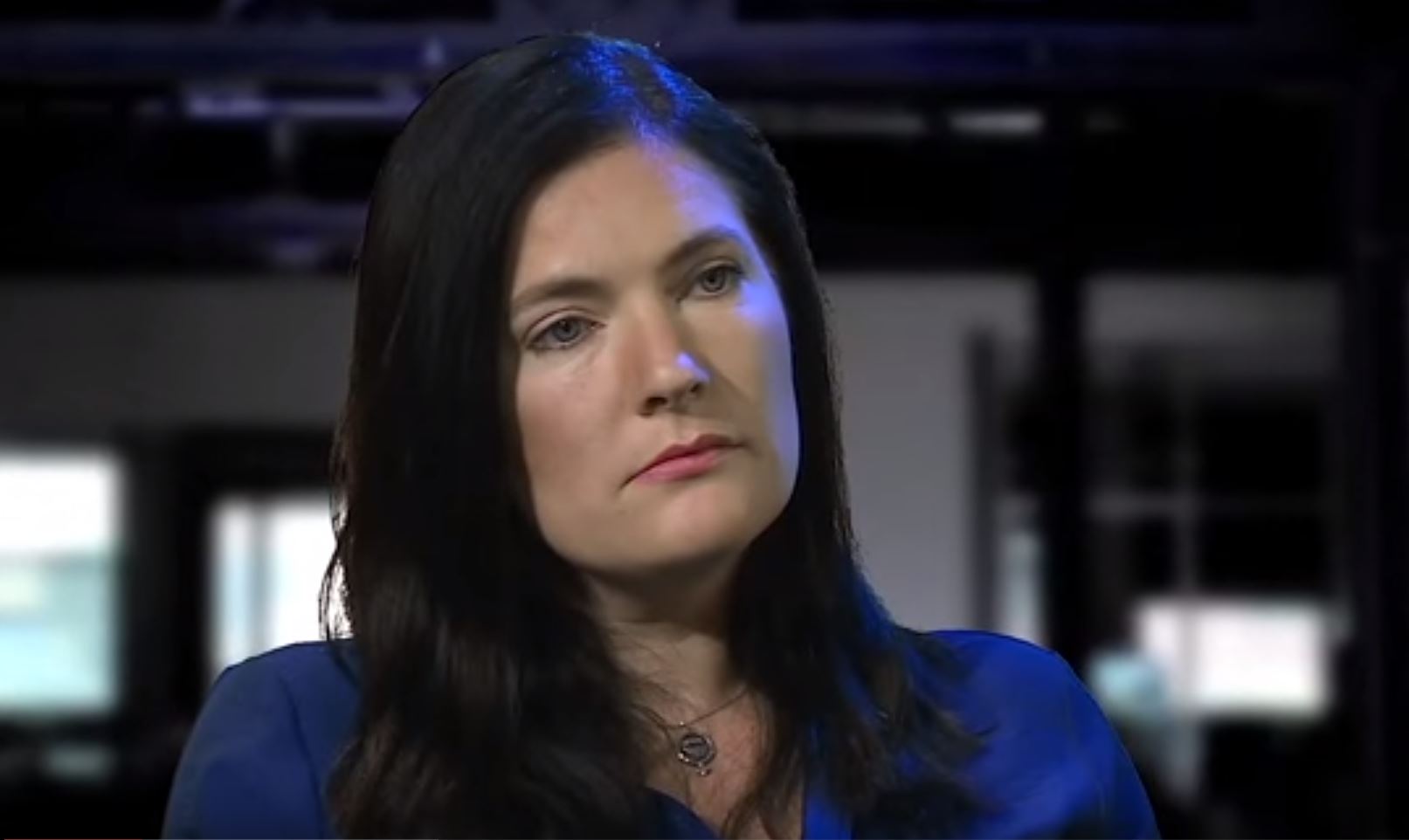By Meghan Murphy / Feminist Current
On Tuesday’s episode of teleSUR’s Days of Revolt, host, Chris Hedges, speaks with author and activist, Rachel Moran, about her book, Paid For: My Journey Through Prostitution, and the myths perpetuated about sex industry.
Early in the interview, Hedges brings up the issue of violence, calling it an “endemic part of prostitution,” something he notes that Moran argues is a part of every single act of prostitution, even when that violence happens in a way that isn’t overt.
What’s important about this point is that, when those who advocate to fully decriminalize “sex work” because they claim legalization will make women “safer,” they are either unaware or unwilling to admit that the violence women experience in prostitution goes far beyond just being beat up, for example. There are more subtle forms of violence that johns inflict on the women they pay for sex, including emotional and psychological violence, as well as physical and sexual. Surely anyone who understands rape and domestic abuse, for example, understands that rape and abuse are not only traumatic because of literal physical pain, but because of degradation, the refusal to respect boundaries, the experience of feeling threatened, of having no control over a situation, and the experience of being violated, disrespected, humiliated, and dehumanized. It’s not uncommon for things like molestation and abuse to not be physically painful at all, yet we understand the extent to which these experiences are traumatic for victims. Why people refuse to understand prostitution in a similar way, I don’t know.
“People miss the biggest part of the picture, which is that prostitution is violence, in and of itself,” Moran says. “To put your hands on another person, when you know they don’t want your hands there… And to put your penis into the orifices of somebody’s body when you know that they don’t want your penis inside them or near them… That is pathological behaviour and money doesn’t erase that. Money doesn’t have a magical quality that can take away the essence of a person’s behaviour or an exchange between two people.”
It’s an odd conclusion to come to, for self-identified feminists and progressives, in particular — to pretend as though one can simply buy their way out of being exploiters or erase rape with money. If we know that unwanted sex is a source of trauma for women and that a man who imposes sex on a woman who doesn’t want it is a rapist — why would any person who isn’t sociopathic themselves argue that money changes that reality?

Based on her experience, Moran says there are three different types of johns:
1) The ones who actively get off on hurting women in prostitution
2) The men who are “aware that what’s going on is not right or humane but they choose willfully to ignore that.”
3) The men who “have no understanding at all that what’s happening is not something that should be going on.”
But what they all have in common — a fact that should not even need stating, but does — is “sexual selfishness,” as Moran calls it.
So this, in a nutshell, is what all of those advocates for decriminalization/legalization who claim to be “feminist” or “progressive” are fighting for: men’s right to be sexually selfish. This is the most “sex-negative,” if you will, regressive approach to “sexual liberation” and the most anti-woman position one could possibly imagine, coming from those who would otherwise like to be known as “sex-positive feminists” or advocates for women’s rights.
If the point of prostitution were “consent,” as so many would like us to believe, then men who pay for sex would not get off more quickly at the notion of violating a 15-year-old girl, as Moran points out johns did when she was prostituted on the street at that age. There would, in fact, be no reason at all to seek out a prostitute at all if a man were looking to have a consensual, mutually satisfying sexual encounter. Of course, if you are a man who wants to have sex with someone who doesn’t want you back, a man who simply wants a body to use, a man who wants to impose their desires onto another human being, without having to consider their desires, feelings, or humanity, it makes sense that you would seek out a prostitute.
The truth about prostitution may be difficult to hear, but to deny the basic reality of the situation only demonstrates a foolish commitment to the absurd.
Watch the full interview at The Real News Network.
Editor’s Note: Originally published October 20, 2015 on Feminist Current


Trackbacks/Pingbacks